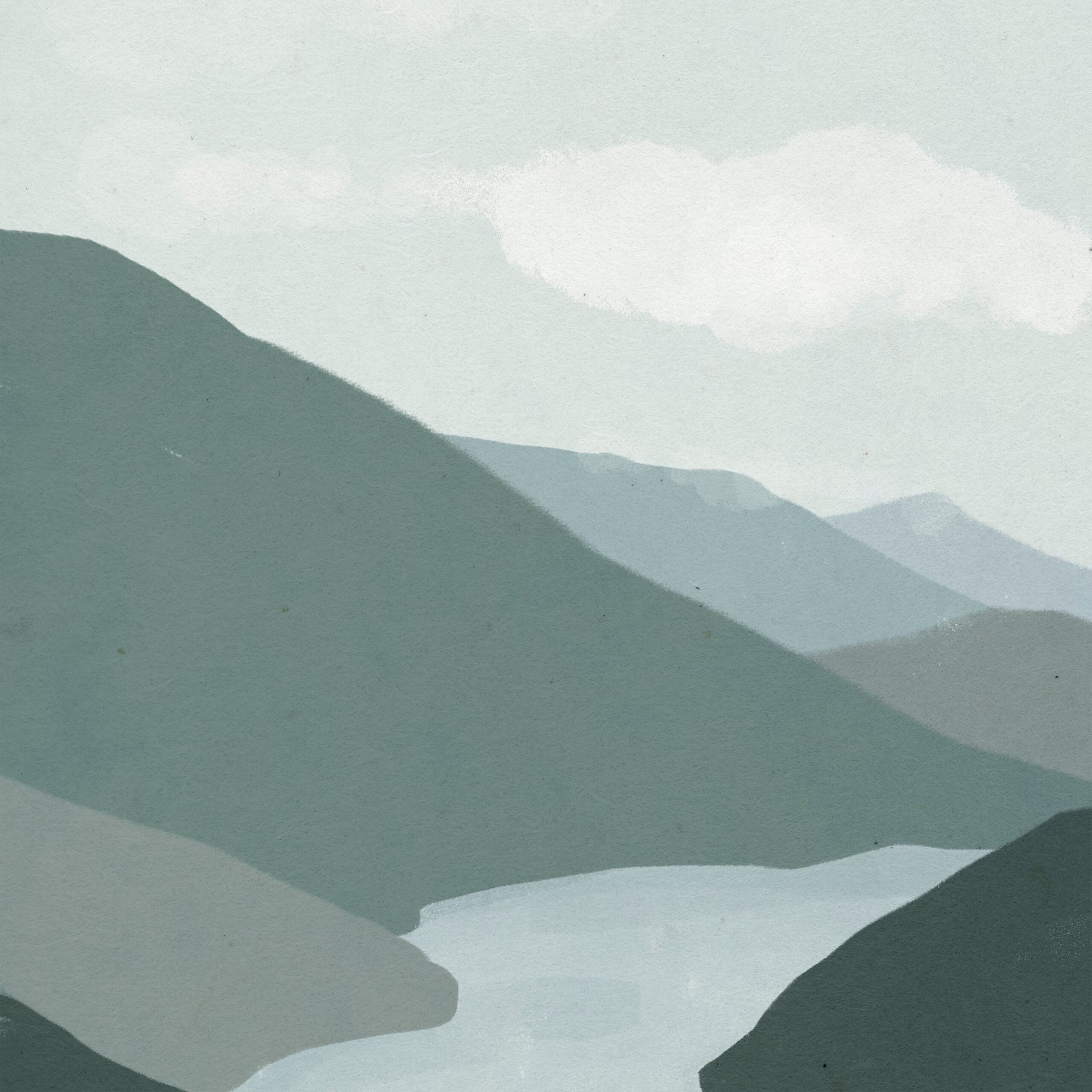Identity is a river—constantly flowing, carving new paths, yet always retaining its essence. Imagine standing knee-deep in its current, the water swirling around you. Some days, it’s calm and familiar, reflecting the person you’ve always known yourself to be. Other days, it surges with unexpected force, reshaping the banks of who you thought you were. This is the dance of congruency and fluidity: the harmony between staying true to your core and allowing yourself to evolve.
We often cling to the idea of a fixed self, as if identity were a sculpture frozen in time. But psychology whispers a different truth. Our sense of self is more like a story we write, revise, and sometimes tear apart entirely. Take Simone Biles, the gymnast who soared to fame as the “GOAT” but chose to step back from the Olympic spotlight to protect her mental health. In that moment, she wasn’t abandoning her identity—she was redefining it. Her decision wasn’t a betrayal of her public persona but a profound act of alignment. She traded the weight of external expectations for the freedom of inner truth, sparking a global conversation about the cost of perfection. Her story reminds us that growth often begins when we dare to mismatch the world’s script for our own.
Yet, embracing this fluidity isn’t always graceful. Consider the influencer Essena O’Neill, who walked away from half a million followers, confessing that her curated online life was a hollow performance. Behind the filters, she felt like a stranger to herself—a dissonance many of us recognize. Social media amplifies this struggle, turning identity into a highlight reel we edit for applause. But authenticity thrives in the unscripted moments: the messy, uncertain, and unresolved parts of life. It’s in those cracks that we rediscover what Carl Rogers called our “organismic valuing process”—the innate compass guiding us back to what truly matters.
The tension between who we are and who we’re becoming can feel like a battle. Imposter syndrome creeps in when we try on new roles—a promotion, a creative pursuit, a shift in relationships. We whisper, “Do I deserve this?” as if growth were a fraud rather than a birthright. Psychologists like Robert Kegan remind us that these growing pains are natural. True transformation requires “subject-object shifts,” stepping outside our old beliefs to examine them like artifacts. It’s how Malala Yousafzai, after surviving a Taliban bullet, didn’t just rebuild her identity—she expanded it. Trauma didn’t shatter her; it sharpened her purpose, proving that even the deepest wounds can become wells of resilience.
Resisting change, though, is its own kind of suffering. Picture the corporate leader who ties their worth to a job title, only to unravel when layoffs strike. Or the parent who clings to an empty nest, grieving a role that once defined them. Rigidity turns identity into a cage, while fluidity offers a key. The solution isn’t to abandon our past but to anchor ourselves in values that transcend it: curiosity, compassion, courage. These become the bedrock of what researchers call a “meta-identity”—a flexible core that holds steady even as life’s currents shift.
So, who are we, really? Philosophers and psychologists alike agree: identity is less a noun than a verb. It’s not about what we are but how we live. Heraclitus, the ancient thinker, observed that no one steps into the same river twice. We are both the river and the person wading through it—forever changing, yet unmistakably ourselves. Every choice to quit a toxic job, to apologize, to pivot careers, to finally say “This isn’t me anymore” is a stitch in the tapestry of our becoming.
The journey isn’t about arriving at some polished endpoint. It’s about learning to dance with the questions: What parts of me are nonnegotiable? What stories am I ready to release? It’s about forgiving yourself when nostalgia tugs at your sleeve, whispering for you to retreat. And it’s about trusting that the world needs not your perfection, but your presence—raw, evolving, and unapologetically human.
So, step into the river. Let its current pull you toward horizons you’ve yet to imagine. Write your story in pencil, not stone. And when someone asks who you are, smile and say, ‘A work in progress.’ Because the most authentic selves aren’t born—they’re forged, one brave, fluid step at a time.
As we close this series, I want to thank you for wandering through these reflections with me. I hope you’ve found moments of clarity, courage, or comfort in these words. Identity is a journey, not a destination, and I’m grateful to have shared this leg of the path with you. Keep questioning, keep evolving, and above all, keep honoring the ever-changing masterpiece that is you. Until our rivers cross again—stay curious, stay kind, and never stop becoming.


